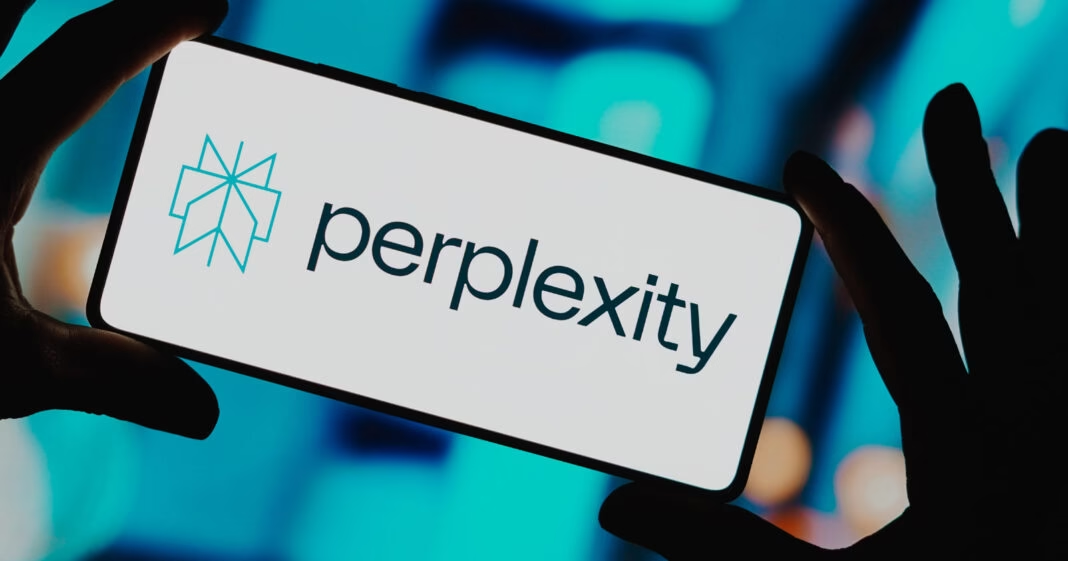U.S. search engine startup Perplexity AI has submitted a revised merger proposal to ByteDance, TikTok’s Chinese parent company, aimed at creating a new U.S.-based entity. The proposal outlines a complex structure designed to address national security concerns while involving both public and private stakeholders.
Key Details of the Proposal
- Creation of NewCo:
Perplexity AI proposes establishing a U.S. holding company called “NewCo.” ByteDance would sell TikTok U.S. to NewCo investors, excluding TikTok’s core recommendation algorithm, which ByteDance would retain. - U.S. Government Ownership:
Upon NewCo’s initial public offering (IPO) with a valuation of at least $300 billion, the U.S. government would own up to 50% of the new entity, ensuring a significant public stake in the venture. - Inclusion of Perplexity AI:
Perplexity AI has offered to merge with NewCo if its own investors receive equity in the holding company as part of the deal.
Background and Developments
The proposal comes in response to ongoing scrutiny of TikTok in the U.S., where the app was previously shut down due to national security concerns. Services were recently restored after President Donald Trump announced he would revive TikTok’s access in the U.S., pending new ownership agreements.
President Trump has also stated he is in talks with multiple parties regarding TikTok’s future and expects a resolution within the next 30 days.
Previous Bid and Merger Advantage
Perplexity AI’s earlier bid suggested a merger with TikTok U.S. and New Capital Partners. The revised proposal reportedly emphasizes that it is a merger rather than a direct sale, which Perplexity AI believes may increase its chances of success.
Challenges and Uncertainties
- ByteDance has yet to publicly respond to the proposal.
- The exclusion of TikTok’s core algorithm remains a point of contention, as it is central to TikTok’s operations.
- The involvement of the U.S. government in the ownership structure adds a new layer of complexity.
The coming weeks will determine whether this proposal, and its attempt to balance national security concerns with corporate interests, will gain traction with ByteDance and U.S. authorities.



